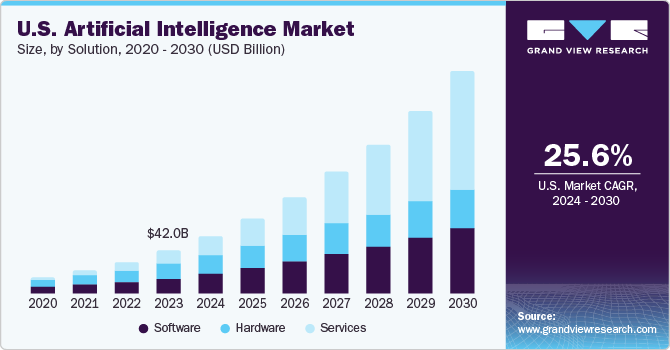The global economy is in a constant state of flux, a dynamic system perpetually shaped by evolving forces. In recent years, we’ve witnessed a confluence of factors – from pandemic-induced disruptions to geopolitical tensions and technological advancements – that have profoundly impacted the economic landscape. These shifts have sparked widespread anxiety, particularly regarding job security and future prospects. This article delves into the complex interplay of recessionary fears, layoffs, particularly in the tech sector, and the burgeoning influence of artificial intelligence (AI) on the future of work.
Understanding Recession: A Delicate Balance
While no universally accepted definition of a recession exists, economists generally point to two key indicators. The first, a “technical recession,” is characterized by two consecutive quarters of negative Gross Domestic Product (GDP) growth. The second, an “indicative recession,” relies on a broader assessment of economic indicators, including employment, consumer spending, and industrial production.
To grasp the concept of recession, consider the intricate web of global trade. A country’s GDP, a measure of its economic output, is heavily influenced by its trade balance. For instance, when a nation like the United States, a major exporter of goods like oil, aircraft parts, and technology, experiences a trade deficit – meaning it imports more than it exports – its GDP shrinks. This economic contraction can trigger a chain reaction, impacting everything from consumer confidence to business investment.

Layoffs in the Tech Sector: A Sign of the Times?
The year 2023 witnessed a surge in layoffs, surpassing previous years in terms of sheer volume. The technology sector, once considered a bastion of growth and opportunity, was particularly hard hit. While economic downturns inevitably lead to job losses, the reasons behind these layoffs are multifaceted.
Factors Contributing to Tech Layoffs:
- Over-hiring During the Pandemic: The pandemic-induced shift to remote work and increased reliance on technology fueled rapid hiring in the tech sector. However, as the world began to emerge from the pandemic, many companies found themselves overstaffed, particularly in light of slowing economic growth.
- Slower Growth Outlook: The economic slowdown, coupled with rising inflation and interest rates, prompted many tech companies to adjust their growth projections and tighten their belts. This often translates into workforce reductions.
- Impact of Fed Rate Hikes: The Federal Reserve’s aggressive interest rate hikes, aimed at curbing inflation, also played a role in tech layoffs. These hikes increased borrowing costs for businesses, making it more expensive to retain or hire employees.

AI and the Future of Work: Disruption or Opportunity?
The rapid advancement of artificial intelligence (AI) has ignited both excitement and apprehension about its potential impact on the job market. While AI offers immense potential to enhance productivity and innovation, it also raises concerns about job displacement.
The Two Sides of the AI Coin:
- Job Displacement: Experts predict that AI will significantly automate tasks currently performed by humans, potentially leading to job losses in fields like customer service, data entry, and even some areas of finance and law.
- Job Creation: Conversely, AI is expected to create new jobs in areas such as AI development, data science, and AI-related services. Moreover, AI has the potential to augment human capabilities, leading to the emergence of new roles and industries we can’t yet fully envision.
Navigating the Future: Skills, Adaptation, and Continuous Learning
The confluence of recessionary pressures, tech layoffs, and the rise of AI paints a complex and uncertain picture of the future of work. However, amidst the uncertainty, there are proactive steps individuals can take to navigate this evolving landscape.
Keys to Thriving in the Future of Work:
- Embrace Continuous Learning: The rapid pace of technological change necessitates a commitment to lifelong learning. Individuals who are adaptable and continuously upskill themselves will be better positioned to thrive in the face of disruption.
- Develop In-Demand Skills: Focus on acquiring skills that are in high demand and less susceptible to automation. This includes technical skills like AI and data analysis, as well as soft skills like critical thinking, problem-solving, and communication.
- Cultivate a Growth Mindset: Embrace challenges as opportunities for growth and view change as an inevitable part of the career journey. A growth mindset fosters resilience and adaptability, essential qualities in today’s rapidly evolving job market.
Looking Ahead: A Call for Adaptability and Innovation
The global economy is in a state of constant evolution, presenting both challenges and opportunities. While recessionary fears and technological advancements like AI may seem daunting, they also underscore the importance of adaptability, innovation, and a commitment to lifelong learning. By embracing these principles, individuals can navigate the shifting sands of the global economy and position themselves for success in the years to come.

